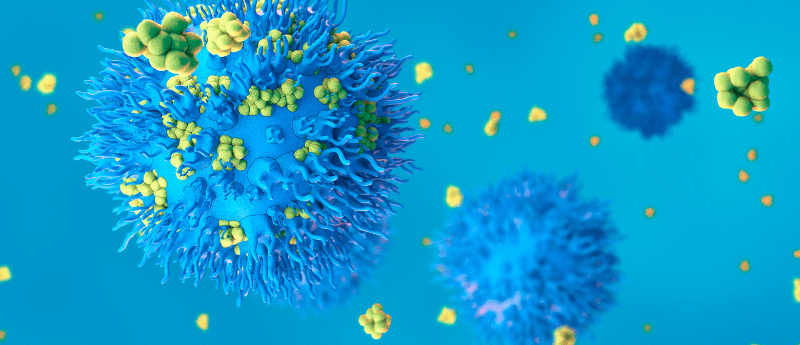The fast and furious contamination detection for T-cell therapy

Researchers from the Critical Analytics for Manufacturing Personalized-Medicine (CAMP) Interdisciplinary Research Group at the Singapore-MIT Alliance for Research and Technology (SMART) have unveiled an innovative method for swiftly detecting contaminants in T-cell cultures within a mere 24 hours.
This innovation, detailed in a recently published paper in Microbiology Spectrum, combines advanced long-read nanopore sequencing and machine learning to significantly expedite and enhance the sterility testing process.
Traditional sterility testing methods for T-cell cultures, while effective, have posed challenges for biopharmaceutical manufacturing. These methods are laborious and time-consuming, often taking up to 14 days to detect the presence of bacteria and fungi. SMART’s novel method, utilizing cutting-edge technology such as third-generation nanopore long-read sequencing and machine learning algorithms, seeks to address these challenges by differentiating between clean and contaminated samples rapidly and accurately within a single day.
This breakthrough holds immense promise in the realm of cell therapies, especially for treatments like chimeric antigen receptor T-cells (CAR-T) used to combat blood-related cancers. As living medicines cannot undergo sterilization, ensuring the microbial safety of cell therapy products is of paramount importance.
James Strutt, Senior Postdoctoral Associate at SMART CAMP and first author of the paper, emphasized the practical applications of the discovery: “it offers faster product validation for biopharmaceutical manufacturers, reducing downtime and potentially accelerating product-to-market timelines. These advancements hold significant promise for the biopharmaceutical industry, as they not only enhance quality control but also improve overall efficiency and cost-effectiveness, ultimately benefiting patients by ensuring the safety and reliability of cell therapy products.”
Presented at several conferences including the 22nd Annual European Conference on Computational Biology in Lyon, France (23–27 July 2023), the research marks a pivotal step towards more efficient and sensitive sterility assessments, offering a valuable tool for researchers and practitioners alike.
The SMART team is gearing up to integrate the novel T-cell sterility test into their processes, aiming to enhance accuracy further. Future research will focus on extending the method’s detection capabilities to viruses, aligning with SMART’s overarching goal of swiftly and accurately identifying sample contamination. This scientific leap not only promises safer cell therapy treatments for patients but also signifies a major stride towards more efficient and cost-effective biopharmaceutical manufacturing.